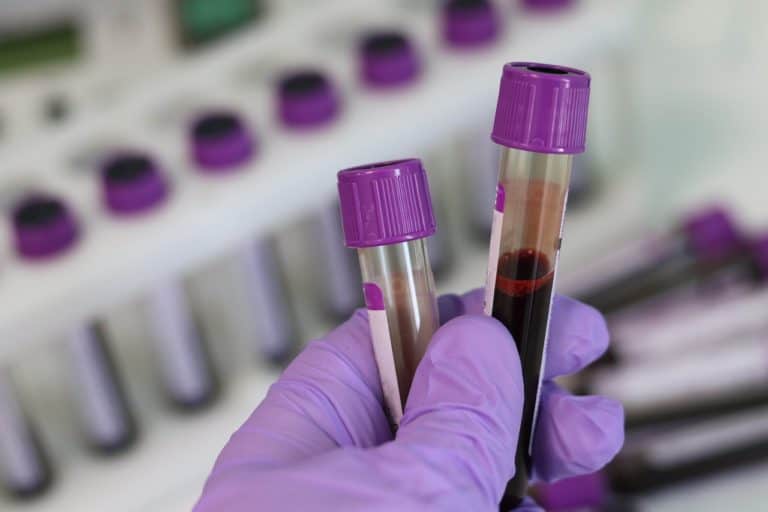The Provenge FDA approval in April of 2010 increases doctors’ options for the treatment of castration-resistant prostate cancer. Most patients eventually experience some sort of progression or are diagnosed with advanced disease before receiving Provenge.
Provenge (sipuleucel-T) is generally not indicated as a first-line treatment for prostate cancer. Rather, Provenge will usually follow later either due to more significant symptoms or the prostate cancer progresses after receiving androgen deprivation therapy.
What Is Provenge?
Provenge is an immunotherapy designed to increase the immune system’s ability to fight against prostate cancer. Prior to receiving your Provenge treatment, you need to have your immune cells withdrawn (similar to a blood transfusion) so that your personalized Provenge infusion can be created. Your Provenge infusion increases your body’s immune response to your cancer.
Am I a good candidate for Provenge?
In general, Provenge is indicated for patients who are relatively well despite their prostate cancer. The best patients are asymptomatic or just minimally symptomatic. There were no age restrictions in the Provenge FDA approval document, but most of the clinical trial patients were 65 and older.
This does not lead to an age restriction for Provenge, but you should realize that most of the available safety and efficacy data are based on older men. This means that men substantially younger or older may not be guaranteed the same results.
It can sometimes be difficult to know if a study can be generalized to other patients if the patient in question is substantially different from the patients included in the study.
Does the Provenge procedure work?
In the clinical trial leading up to Provenge FDA approval, more men treated with Provenge were alive at 3 years compared to those not treated with Provenge. Additionally, risk of death was 22% less than in the Provenge treatment group compared to the non-treatment group. Finally, overall survival was improved by nearly 5 months with Provenge compared to not receiving Provenge.
Most common Provenge procedure side effects
The most frequent Provenge side effects are flulike symptoms including:
• Chills
• Fatigue
• Fever
• Joint pain
• Headache
• Muscle aches and pains
• Nausea
Other frequent, but more significant Provenge side effects include:
• Anemia
• Dizziness
• Weakness
Read more in our Prostate Cancer Health Center.
References
American Cancer Society. Detailed Guide- Prostate Cancer. Accessed June 30, 2013.
Hall SJ et al. Integrated safety data from 4 randomized, double-blind, controlled trials of autologous cellular immunotherapy with sipuleucel-T in patients with prostate cancer. J Urol 2011; 186(3):877.
Higano CS et al. Integrated data from 2 randomized, double-blind, placebo-controlled, phase 3 trials of active cellular immunotherapy with sipuleucel-T in advanced prostate cancer. Cancer 2009;115(16):3670.
Kantoff PW et al. IMPACT study investigators. Sipuleucel-T immunotherapy for castration-resistant prostate cancer. N Engl J Med 2010; 363:411-22.







